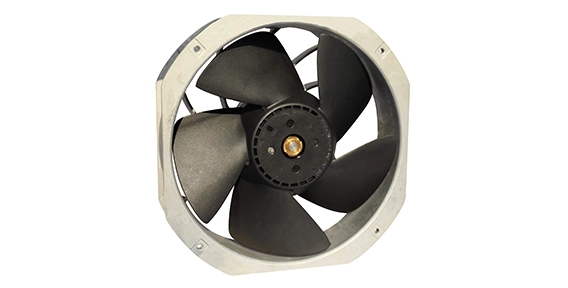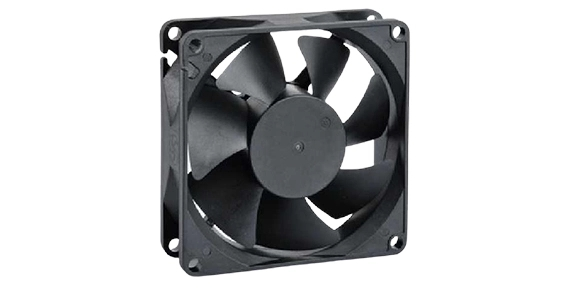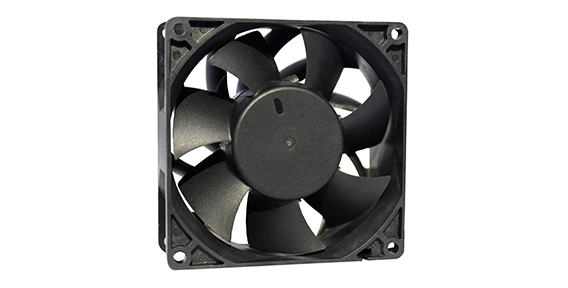Refrigerators are an essential appliance in every household, helping us keep our food fresh and preserving its nutritional value. One crucial component of a refrigerator that contributes to its efficient functioning is the cooling fan. Cooling fans in refrigerators play a significant role in maintaining a suitable temperature inside the appliance, ensuring optimal food preservation and a longer shelf life. In this article, we will explore the importance of cooling fans in refrigerators and discuss various techniques employed by manufacturers to reduce noise levels in these fans. We will also shed light on how cooling fans can improve overall refrigerator performance.
Noise reduction techniques for cooling fan in refrigerators
One common concern when it comes to refrigerators is the noise generated by their cooling fans. A noisy refrigerator can be quite bothersome, especially if it is placed in an open kitchen or living area. It is crucial for manufacturers to address this issue and incorporate noise reduction techniques in their cooling fan designs.
To reduce the noise levels, manufacturers often employ various strategies. They use innovative fan blade designs and materials that minimize vibrations and decrease noise generation during fan operation. Additionally, noise-absorbing materials may be used to line the fan compartments and reduce the transmission of sound to the surroundings. By implementing these measures, manufacturers strive to provide consumers with quieter refrigerators, enhancing their overall user experience.
Optimize Your Fridge: The Impact of Cooling Fan in Refrigerator on Food Preservation
The cooling fan in refrigerator is designed to circulate cool air throughout the appliance, helping maintain a consistent temperature. This circulation is crucial for food preservation. When the cooling fan is operating correctly, it prevents hotspots within the refrigerator, ensuring that all food items receive equal cooling.
Furthermore, cooling fans aid in removing excess moisture inside the refrigerator, preventing the formation of condensation and the growth of mold and bacteria. This is particularly important for perishable items such as fruits, vegetables, and dairy products. By maintaining proper airflow and humidity levels, cooling fans contribute to food safety and prolong the shelf life of the stored items.

The Role of Cooling Fan in Refrigerator in Improving Refrigerator Performance
Besides enhancing food preservation, application of axial fan also plays a pivotal role in improving overall refrigerator performance. By ensuring consistent temperature distribution, they help the appliance maintain the desired cooling levels more efficiently. This, in turn, reduces the strain on the compressor, prolonging its lifespan and maximizing energy efficiency.
Moreover, cooling fans aid in faster temperature recovery after the refrigerator door has been opened and closed. When the door is opened, warm air from the surroundings enters the refrigerator, causing the temperature to rise. The cooling fan quickly circulates the cool air, bringing the temperature back to the desired level. This helps prevent spoilage of food and reduces energy waste.
In conclusion, cooling fan in refrigerators are indispensable for maintaining a suitable temperature, ensuring optimal food preservation, and improving overall appliance performance. Manufacturers continue to strive for quieter fan designs, employing various noise reduction techniques. These fans help prevent hotspots, remove excess moisture, and aid in faster temperature recovery. So, the next time you open your refrigerator and notice the cooling fan quietly doing its job, remember its crucial role in keeping your food fresh and contributing to your daily life in a significant way.


 EN
EN 

 +
+
 +
+
 +
+



